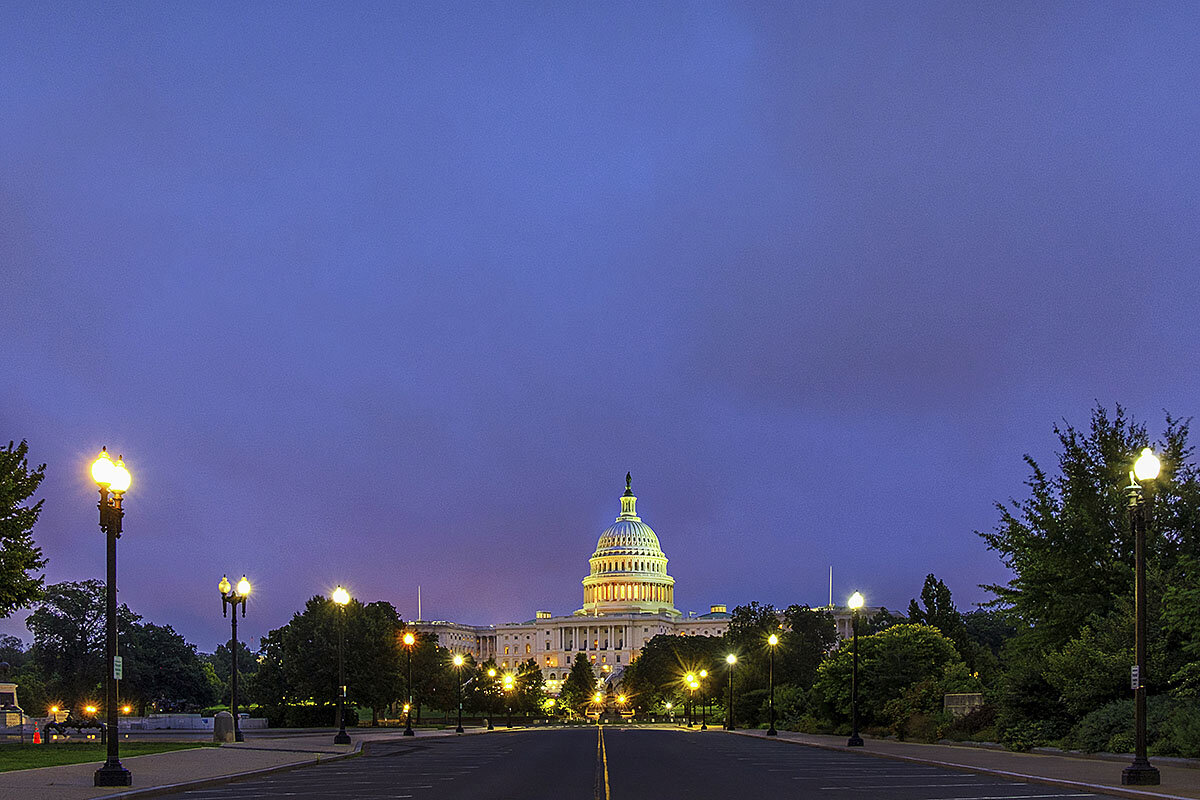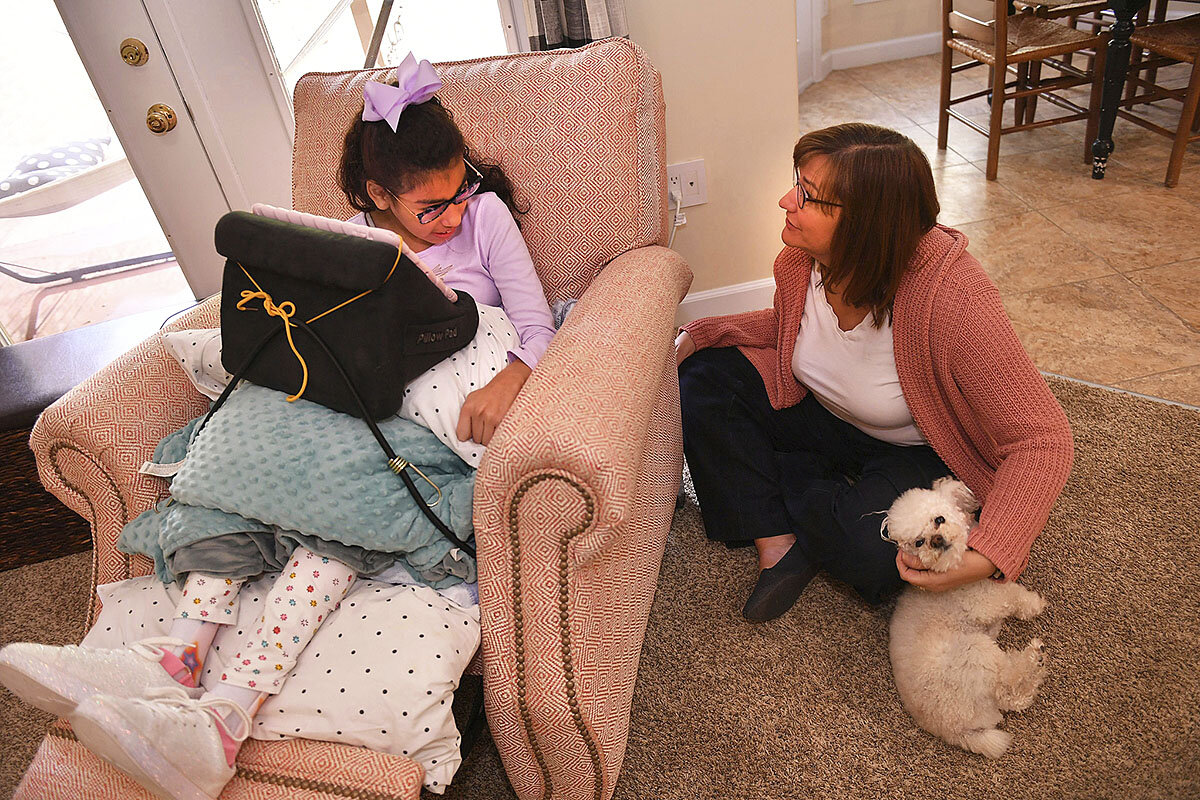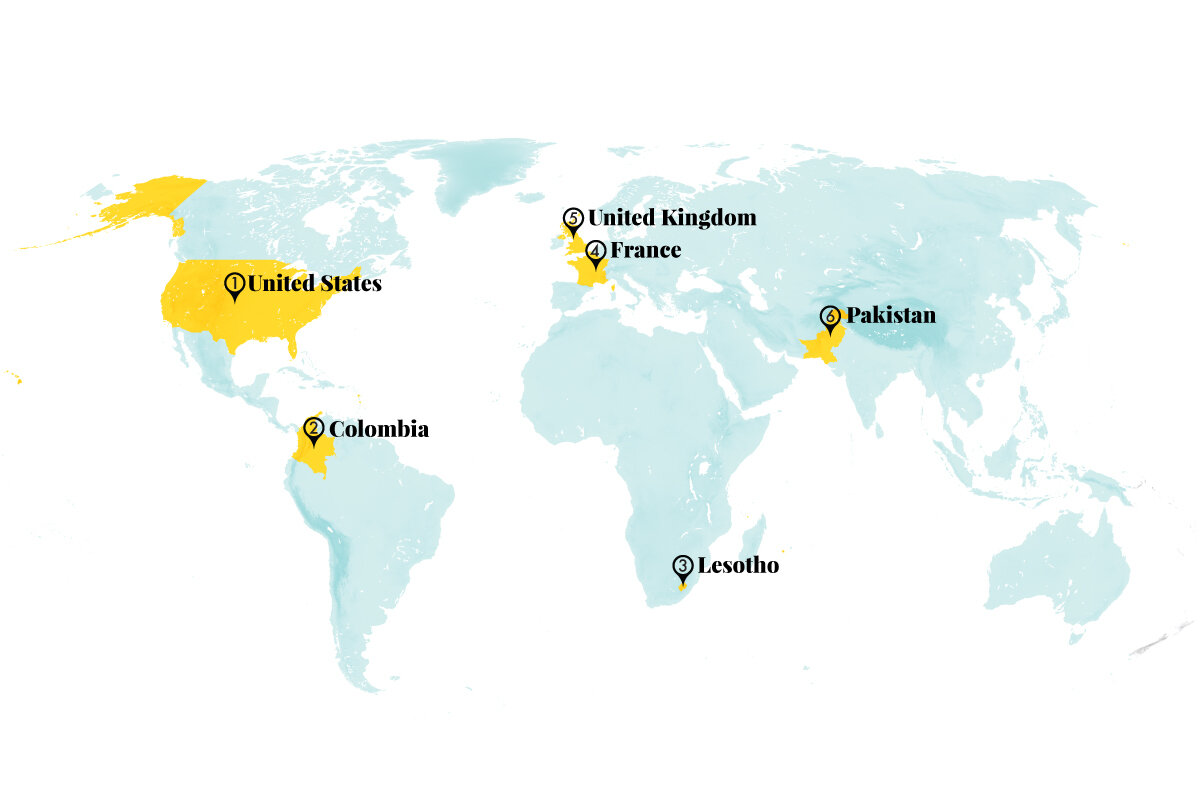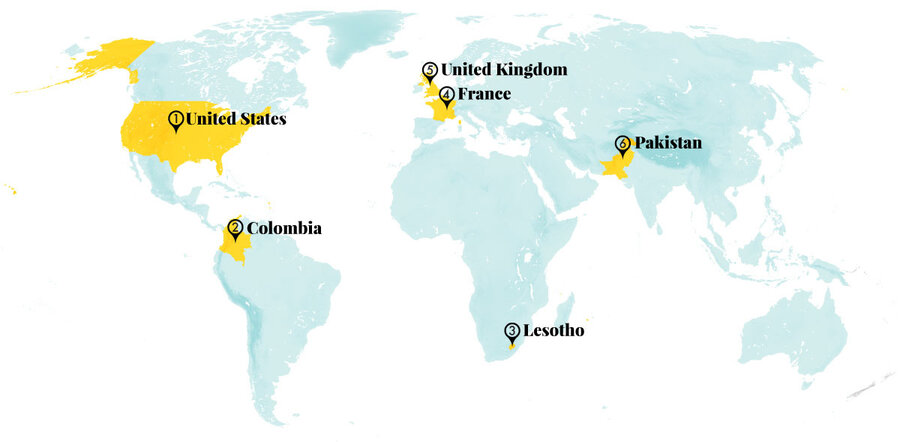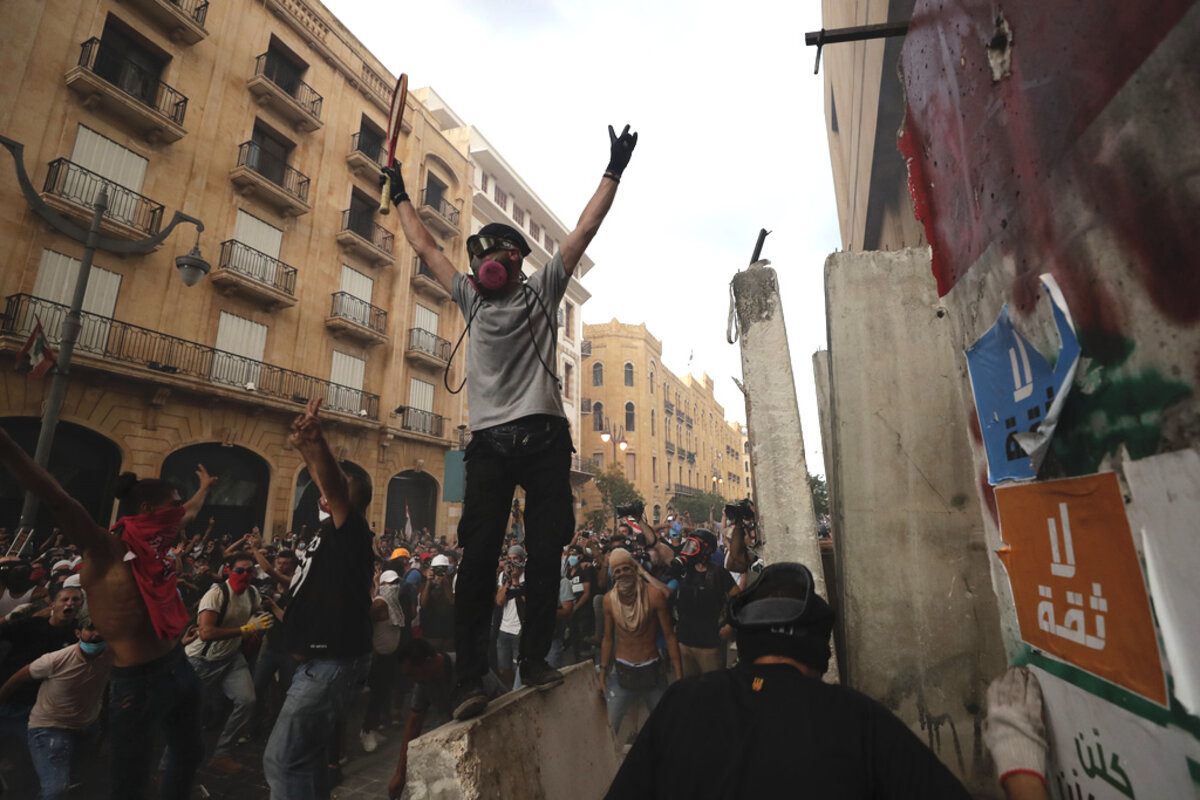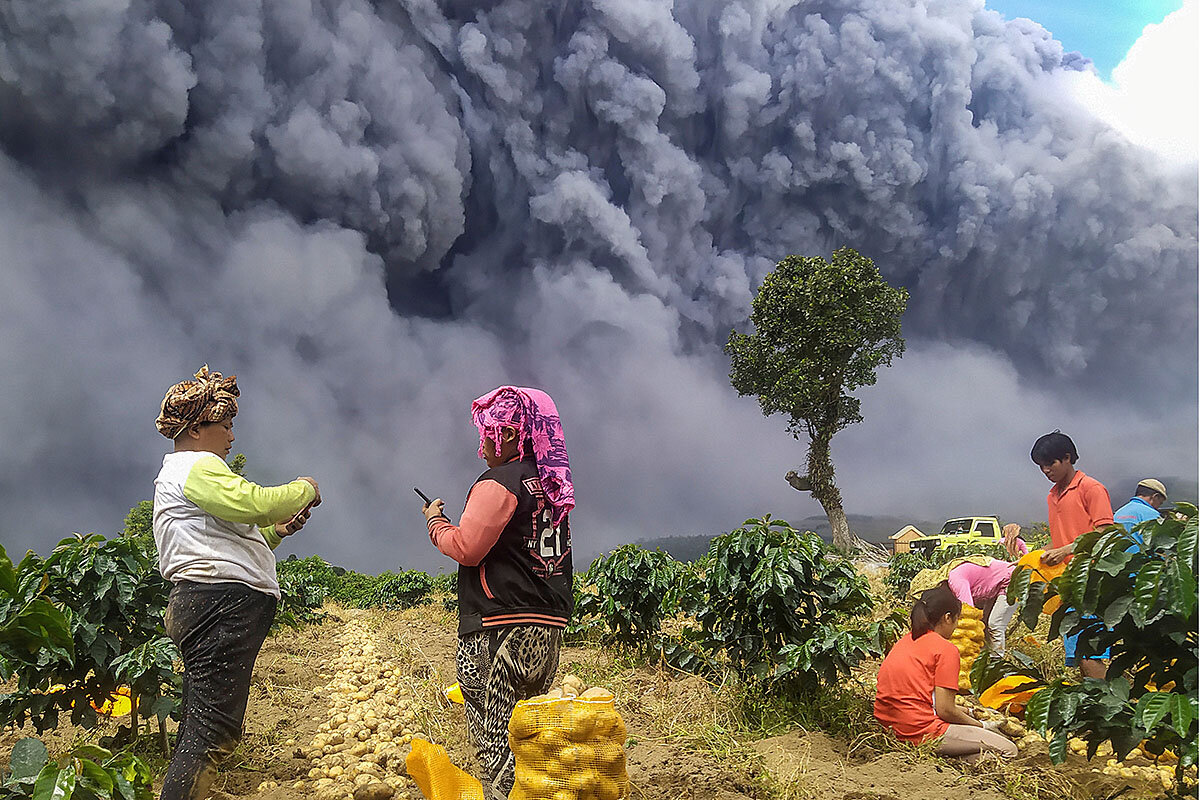Political continuity is a key way to battle economic uncertainty. But as the U.S. economy’s recovery shows signs of faltering, brinkmanship is taking center stage – and a sharp toll on confidence.
Monitor Daily Podcast
- Follow us:
- Apple Podcasts
- Spotify
- RSS Feed
- Download
 Amelia Newcomb
Amelia Newcomb
Recently, when the Monitor invited readers to a webinar with our Middle East correspondent, Taylor Luck, we noted one of the key challenges for reporters in the region: News outlets tend to focus on stories of religious, political, or social conflict, but the appetite for stories that help us better understand the people who live there – who get up each day and go to work, raise families, worry about bills, start new ventures, finds paths to progress – is often weaker. So how do you correct that imbalance?
Watch the video, and you’ll hear some answers. Taylor talks about the big issues – from Iran-U.S. relations to the Arab Spring and “winter.” But he also shares thoughts about what makes Monitor journalism different, including the wide range of places from which he reports. Taylor says his interviewees are often almost shocked that a U.S.-based news outlet wants to hear what they have to say – be it about Black Tunisians confronting racism or Bedouin concepts of conflict resolution.
“I explain we are exploring shared experiences of shared humanity,” he says. “We express it in different tones, but it’s still the same common challenges and triumphs, and we enrich ourselves by learning more about others. And they latch onto that. So we’re not just challenging our readers’ views of the Middle East, we’re challenging views of people in the region in terms of what our values and journalism represent. We are having an equal relationship between interviewee, reporter, and readers. And you can’t explore progress till you first put everyone on a level playing field.”




